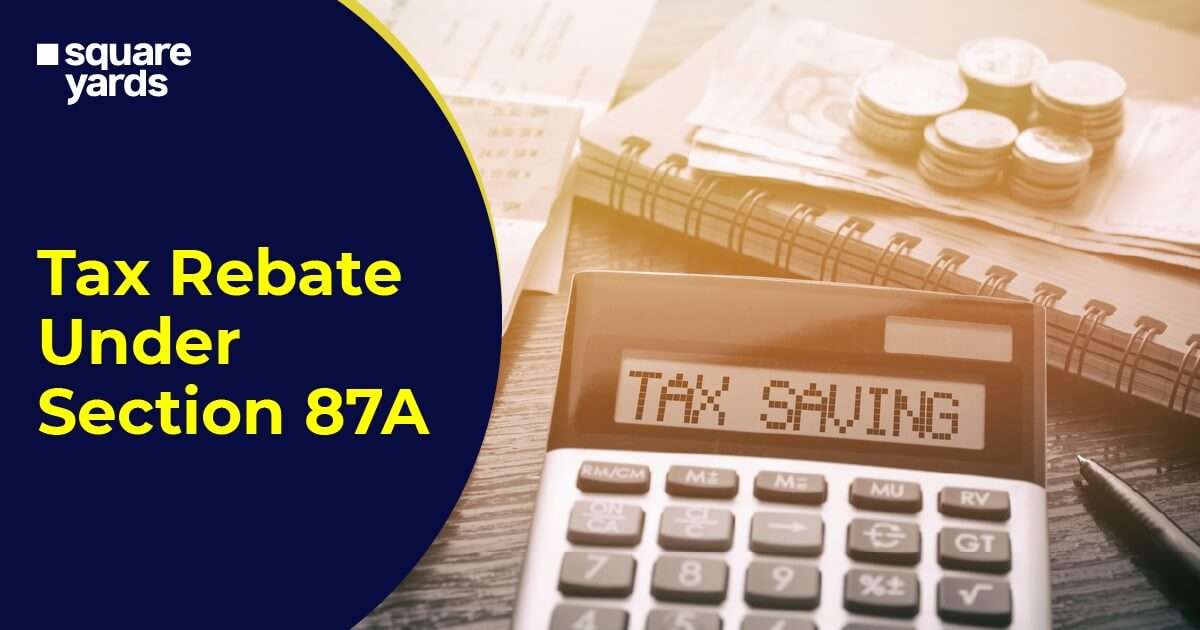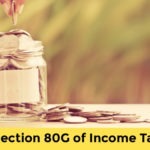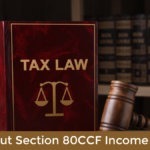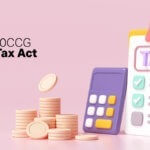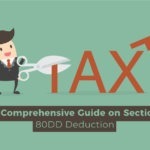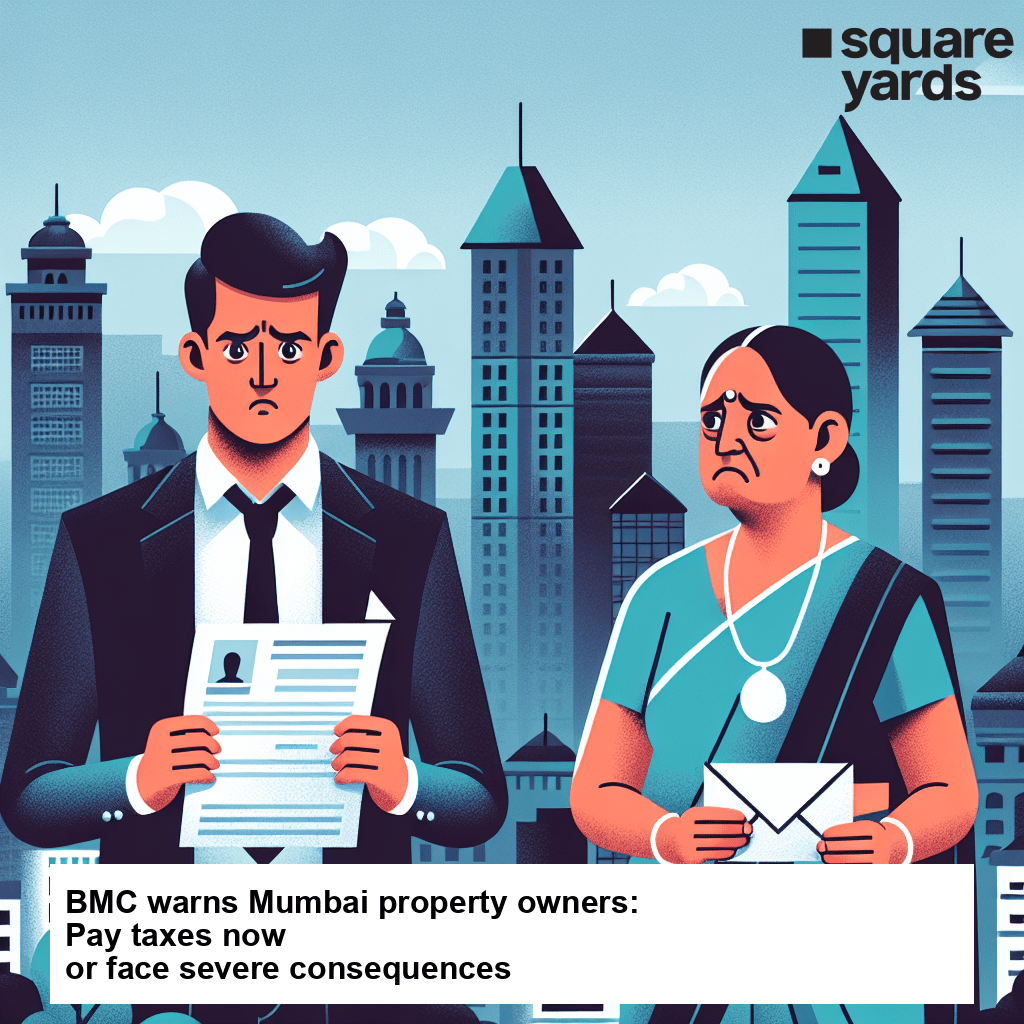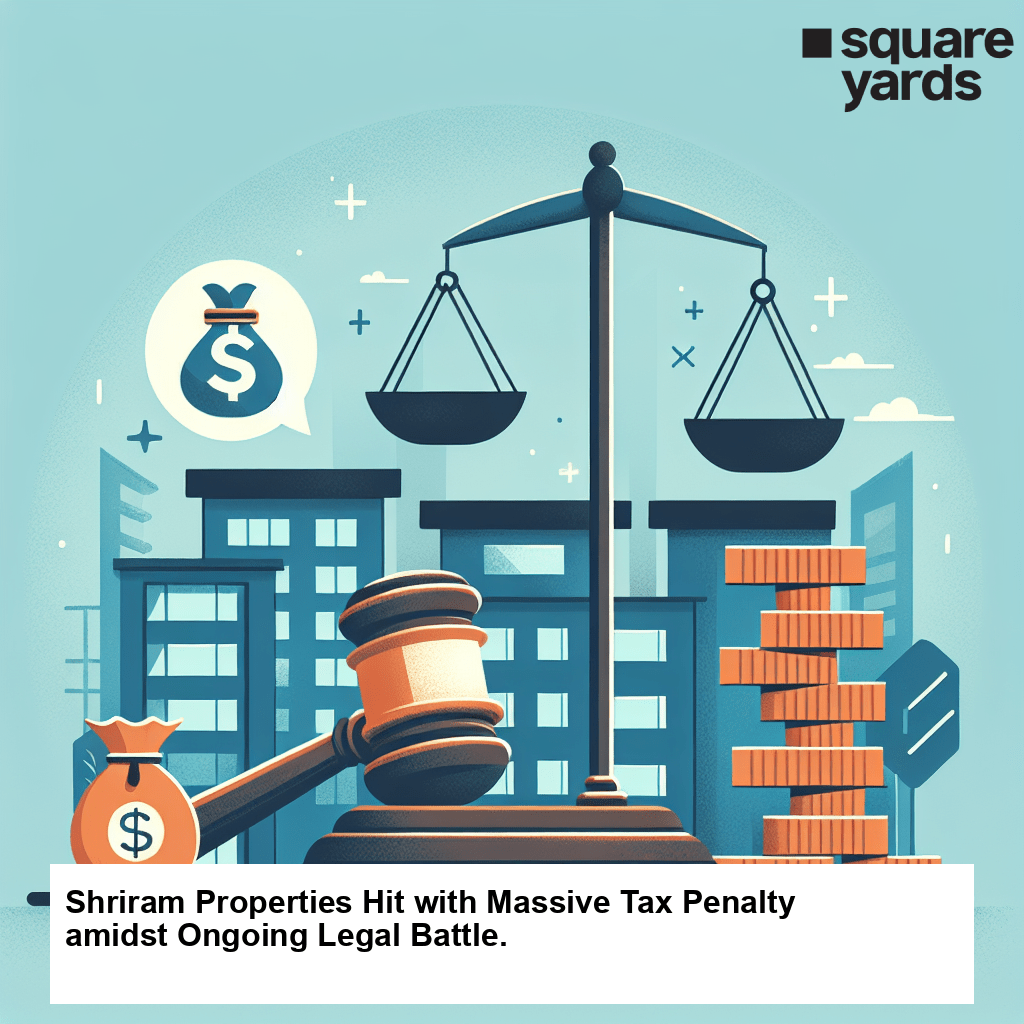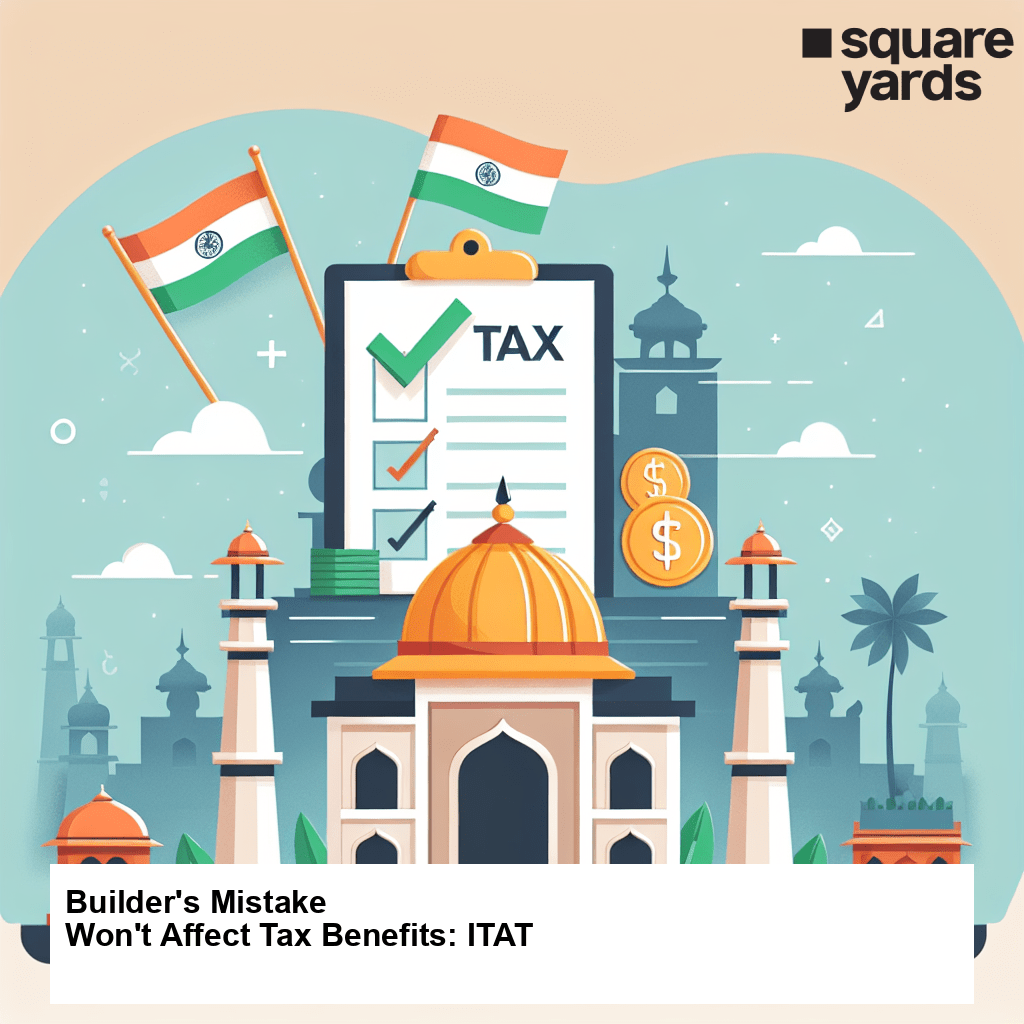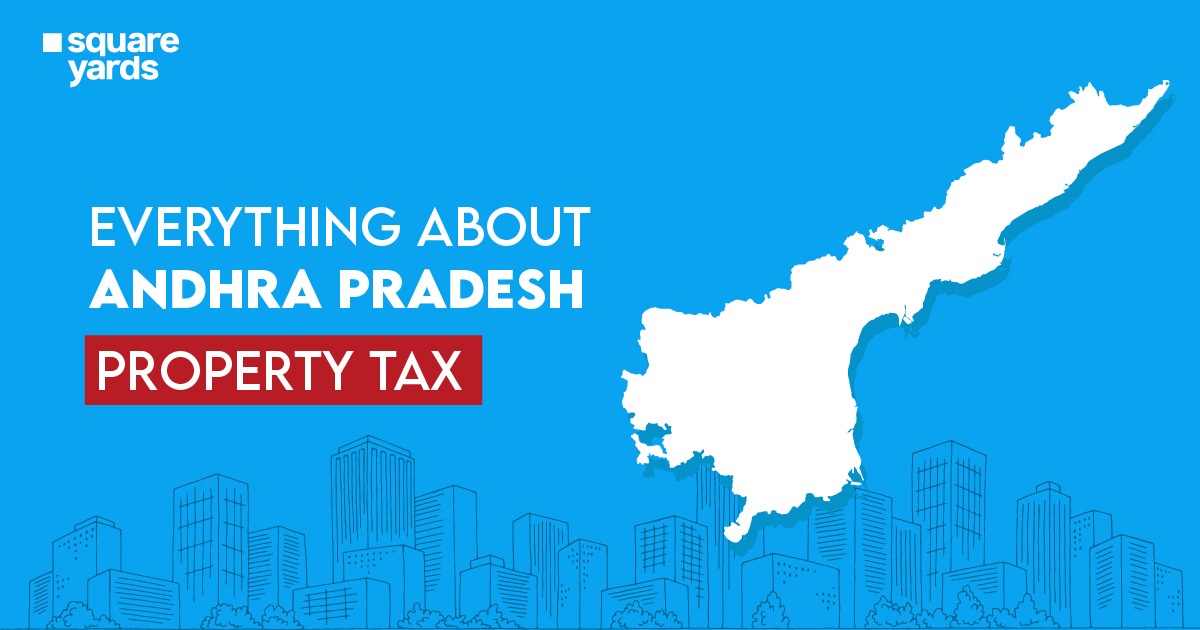As citizens of our country, we are liable to pay taxes every year on the income we earn from different sources. The Indian Government has implemented a progressive taxation system in the country, with varying tax slabs based on an individual’s total income. The amount collected as tax by the Indian Government is used to improve the country’s economy.
However, to ensure that low-income people are not overly burdened, the Income Tax Department has fortunately set up multiple provisions that involve claiming income tax rebates under section 87A. Yes, you read that right! Rebates under Section 87A can help you reduce your tax liability and save some money.
So, if you wish to learn more about this rebate, our article will help you! From the meaning of the rebate to its eligibility and calculation process, the guide has got everything covered.
Table of contents
Income Tax Rebate Under Section 87A
Section 87A is a tax rebate available to individuals with a total income of up to Rs. 5,00,000 in a Financial Year (FY). This rebate is available for taxpayers who are resident individuals in India and is available up to a maximum of Rs. 12,500. The rebate is calculated as 100% of the tax liability or Rs. 12,500, whichever is lesser.
To avail of this rebate, the individual must first calculate their total income, including all income sources such as salary, capital gains, house property, business income, etc. Make sure that tEnsureincome should be at most Rs. 5,00,000 to be eligible for the rebate. Once the total income is calculated, the individual must calculate the tax liability. This is calculated by applying the appropriate tax rate per the Income Tax Act 1961. After calculating the tax liability, the individual can claim the rebate under Section 87A.
The tax rebate under Section 87A is available under new and old tax regimes. Until 2022-23, the same amount of tax rebate for individuals with a taxable income of up to INR 5 lakh is offered under the old and new regimes. This means that people choosing the old tax regime would be eligible for a tax rebate of INR 12,500 for a taxable income of up to INR 5 lakh. Likewise, even in the case of a new regime, a tax rebate of INR 12,500 is available if the taxable income is at most INR 5 lakh in an FY.
It’s important to note that under the old tax regime, after claiming all the tax exemptions and deductions. But the new tax regime does not permit common exemptions and deductions.
STep to Claim a Tax Rebate Under Section 87A?
According to Section 87A of the Income Tax Act, 1961, a person can claim a rebate of Rs. 12,500 on tax liability by following the steps below:
Step 1: Initially, calculate the Gross Total Income of the previous FY.
Step 2: From this, deduct the applicable tax deductions you’ve claimed for tax savings investments.
Step 3: The resulting amount is the Gross Total Income after Tax deductions.
Step 4: Calculate your Gross Tax Liability on the Gross Total Income. But make sure not to include cess into this amount.
Step 5: One can claim the 87A rebate on the Gross Tax Liability before cess and arrive at the net tax liability.
NOTE: If your total income is below Rs. 5 lakhs, the maximum rebate under section 87A, i.e. Rs. 12,500, will bring down your Net Tax Liability to zero.
Eligibility to Claim Rebate Under Section 87A FY 2022-23
Are you wondering what the eligibility to claim a rebate under Section 87A is for the financial year 2022-23? If yes, you don’t need to wonder anymore, as this section has got you covered. So let’s read what all conditions must be met to claim a tax rebate under Section 87A.
- The taxpayer must be a resident individual of India.
- The person’s total income must be equal to or less than Rs. 5 lakhs after subtracting the deductions under Section 80C and Section 80D.
- Rebate is available only for individual taxpayers and not for Hindu Undivided Families (HUFs) or any other entity.
- The maximum tax rebate under Section 87A for a financial year is 100% or Rs. 12,500, whichever is lower. And, if your tax liability exceeds Rs. 12,500, Section 87A of the Income Tax Act, 1961, will not be applicable.
- Senior citizens above 60 and below 80 can avail of rebate under Section 87A.
- Section 87A rebate can be applied to the tax liability before adding education and health cess.
- The rebate is available under both the new and old tax regimes.
- Section 87A rebate cannot be availed against income from long-term capital gains on equity-oriented mutual funds or equity shares.
Now, in the following section, let’s take a look at how rebate calculation is done under Section 87A.
Rebate Calculation Under Section 87A
Tax Rebate u/s 87A is calculated as follows:
Step 1: Calculate the individual’s gross total income from all sources.
Step 2: Deduct eligible chapter VIA deductions from the gross total income.
Step 3: You will now arrive at the net taxable income after claiming the applicable tax deductions.
Note: If the net taxable income is up to Rs. 5,00,000, you can claim a rebate u/s 87A.
This can be better understood with the help of an example below:
Mrs Reena Gupta is 38 years old woman and salaried resident who has opted for the new tax regime.
| Particulars | Amount
(AY 2023-24) | Amount
(AY 2024-25) |
| Gross Total Income | Rs. 6,00,000 | Rs. 6,00,000 |
| Deductions | NA | NA |
| Net Taxable Income | Rs. 6,00,000 | Rs. 6,00,000 |
| Tax Payable Before Cess | Rs. 22,500 | Rs. 15,000 |
| Tax Rebate u/s 87A | Not Available
(Since the taxable income is more than INR 5,00,000) | Rs. 15,000
(Since the taxable income is up to INR 7,00,000) |
| Tax Payable After h.e.c at 4% | Rs. 23,900 | NIL |
Conclusion
Claiming tax rebate under Section 87A can be a great way to save money and improve your financial situation. It moreover allows you as a taxpayer to get more money back in your pocket and reduce your tax liability. By taking advantage of the Section 87A tax rebate, taxpayers can also ensure they are paying what is necessary. With careful planning and a proper understanding of the tax system, you can claim the rebate and maximise your savings. Ultimately, it’s a great way to enjoy a financial boost.
Frequently Asked Questions (FAQs)
Can NRIs avail of the tax rebate?
No, NRIs are not eligible to avail of tax rebates in India. Only residents of India are eligible for the rebate U/S 87A.
Does Section 87A apply to both old and new tax regimes?
Yes, Section 87A applies to both the old and new tax regimes. It allows for a tax rebate of up to Rs. 12,500 for individuals with an income of up to Rs. 5 lakhs.
Are senior citizens eligible for a Section 87A tax rebate?
Yes, senior citizens aged 60 to 80 and Super Senior Citizens over 80 years of age, are eligible for a tax rebate under Section 87A.


